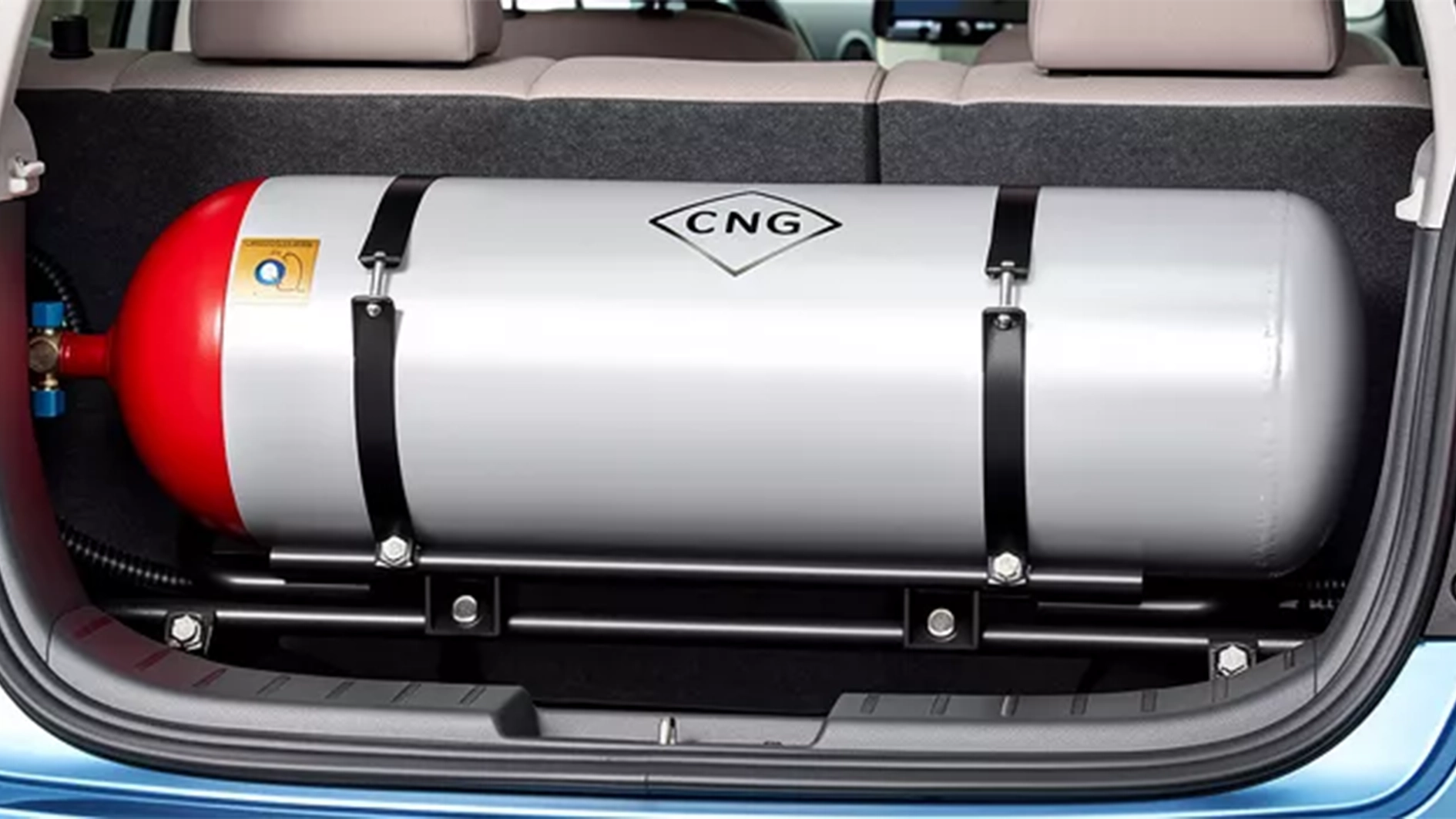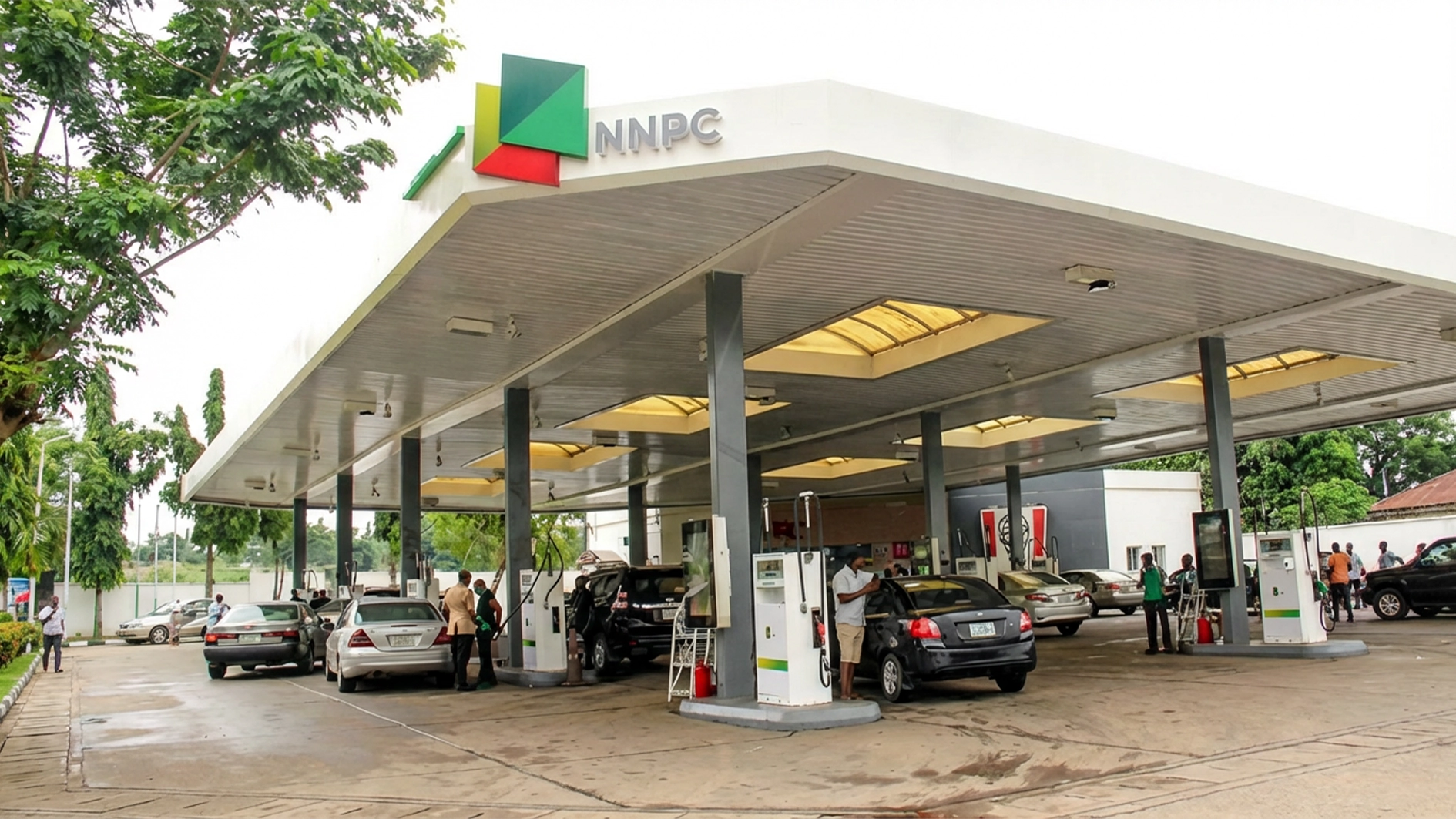Africa is fast positioning itself as the next major growth frontier for the downstream oil and gas industry, with Nigeria evolving from a “price-taker” to a dynamic regional trading hub for refined petroleum products, according to key industry leaders at the ongoing Oil Trading and Logistics (OTL) Africa Downstream Week 2025 in Lagos.
The Chief Executive Officer of the Chamber of Oil Marketing Companies (Ghana) and Africa Regional Director, Dr Riverson Oppong, said the continent is set to become a major growth zone for downstream operations, with market size projected to expand from $80.5 billion in 2024 to $120.8 billion by 2032.
He explained that “Africa remains a strong market” compared to traditional regions such as Europe and North America, where demand is expected to decline by 2035.
Citing a McKinsey report, Oppong said Africa was projected to record a demand increase of 2.2 million barrels per day between 2019 and 2035, representing a Compound Annual Growth Rate (CAGR) of 2.3 per cent, positioning the continent alongside South and South-East Asia as one of the world’s fastest-growing downstream markets.
He called for urgent digitisation and innovation in downstream operations, saying it was no longer optional but fundamental for competitiveness and value creation.
According to him, digitalising operations could yield performance improvements, including a 12 to 20 per cent reduction in operating costs, and a six to 12 per cent increase in throughput.
He added that others include a 15 to 25 per cent decline in unplanned shutdowns and an eight to 12 per cent boost in plant efficiency.
Oppong identified technologies such as Advanced Process Control (APC), digital twins and predictive maintenance as critical enablers of efficiency and reliability across refineries and depots. He urged operators to conduct digital maturity assessments, develop clear transformation roadmaps, and pilot scalable digital solutions.
He further explained that joint ventures would continue to serve as strategic tools to manage capital intensity, share risks and expand market access.
“Smaller operators can enhance competitiveness through strategic alliances and partnerships, especially in markets like Ghana, where the top10 of over 200 oil marketing companies dominate,” he noted.
In a related presentation, Vice-President of Argus Media, James Gooder, said Nigeria evolves from ‘price-taker’ to a dynamic trading hub for refined products, describing the liberalisation of the gasoline market as a historic opportunity to foster competition and align fuel pricing with international standards.
Gooder explained that efficient trading of any commodity would require buyers and sellers sharing a common understanding of quality, delivery terms and pricing, noting that Nigerian gasoline markets had begun aligning with international benchmarks as the region emerges as a powerful trading and pricing hub.
At OTL 2024, he recalled that Nigeria’s gasoline market lacked a common benchmark, allowing international traders to benefit from price gaps between the Argus EBOB price used in Europe and the higher Premium Unleaded prices in Nigerian import parity contracts.
He noted that since then, the market had adapted to deregulation, with more companies importing and the Dangote Refinery ramping up gasoline production, providing robust local competition to international importers, ultimately driving efficiency to the benefit of importers and consumers.
Gooder said, “Market participants in Nigeria and across the region are now choosing to base their regional gasoline pricing at negotiated premiums to the commonly accepted Argus EBOB benchmark.”






